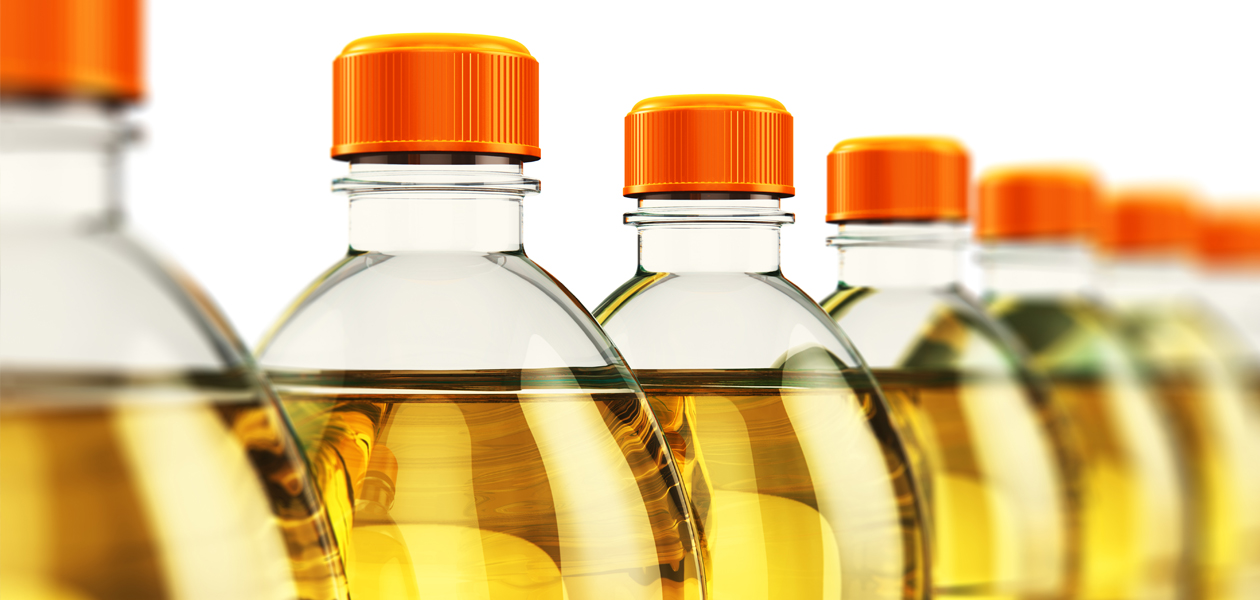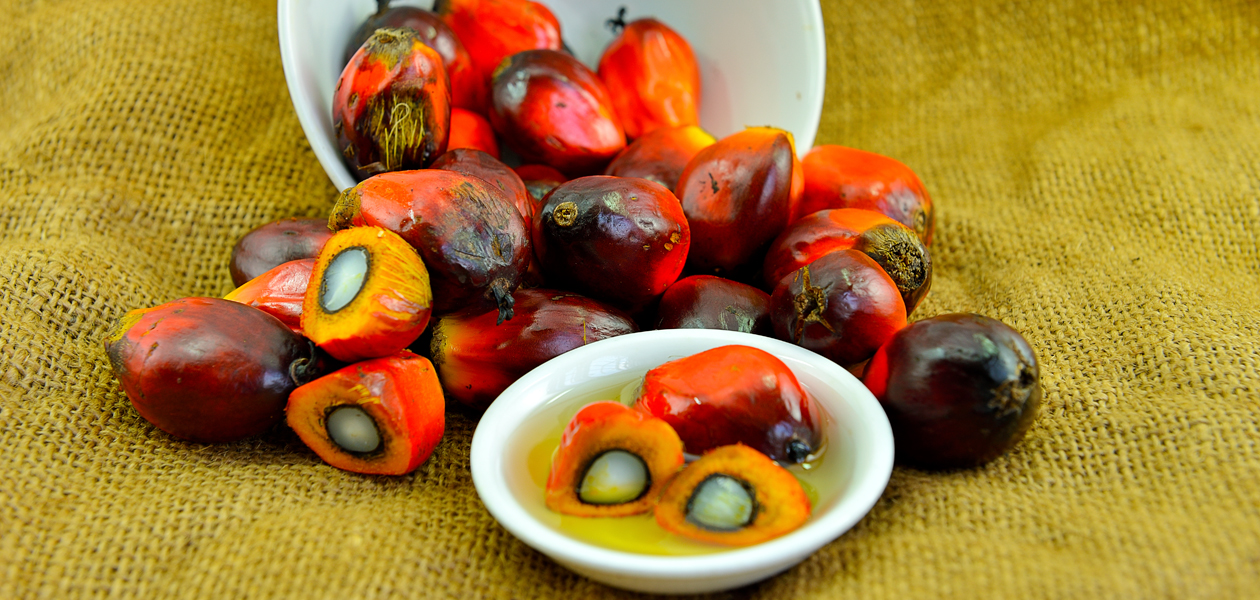10 Reasons Palm Oil is Valued by the Food Industry
Palm oil’s versatility and diversity make it a top choice for food manufacturers. Palm oil has a long shelf life, and is naturally non-GMO and trans-fat free. Here are more reasons why food manufacturers are sticking with palm oil, even as they work to ensure that they buy it from certified sustainable sources, such as MSPO-certified suppliers. Here are 10 reasons palm oil is highly desirable:
- Palm fats are natural fats produced by physical fractionation. Palm oil can be fractionated into liquid (olein) and solid (stearin) components. It’s semi-solid at room temperature. Palm olein is commonly bottled and sold as vegetable oil in many parts of the world. Palm stearin can be found in margarines and shortenings, as well as vegetable ghee.
- Palm mid-fraction has a comparable melting profile with a number of important ingredients and thus can be used as a substitute. For example, palm mid-fractions can be formulated as cocoa butter substitute. It is used in the confectionary industry.
- Palm fat is free of trans fatty acids, making it an ideal replacement for partially hydrogenated oils and a top choice for food manufacturers replacing trans fat in their formulas.
- Palm fat is available in different fractions, forms and characteristics, so it is versatile and diverse in its applications. This may be why it is found in one-in-five items on supermarket shelves.
- It can be easily blended with other types of fats or oils for food formulation.
- Palm fat contains vitamin E tocotrienols and tocopherols, natural antioxidants shown to support brain, heart and skin health. Unrefined palm oils are rich in carotenoids, which help strengthen the body’s immune system.
- Palm oil can be customized for very specific applications.
- Palm fat and oil are stable and not easily oxidized by surrounding air or by high temperatures. Malaysian certified sustainable palm oil stands up to high heat and retains the natural flavor and textures of foods.
- Among the currently available fat sources, palm fat is the most cost effective and competitively priced. It avoids the cost of full refining required for other oils and has a higher yield per hectare than other vegetable oils.
- Palm fats of various melting profiles are easily available from most refineries all year round as palm crops are perennial and harvested continually.
Clearly palm oil is versatile, appealing not just to food manufacturers, but also to consumers.
Credit: https://www.palmoilhealth.org/news/general/10-reasons-palm-oil-is-valued-by-the-food-industry/









Leave a Reply